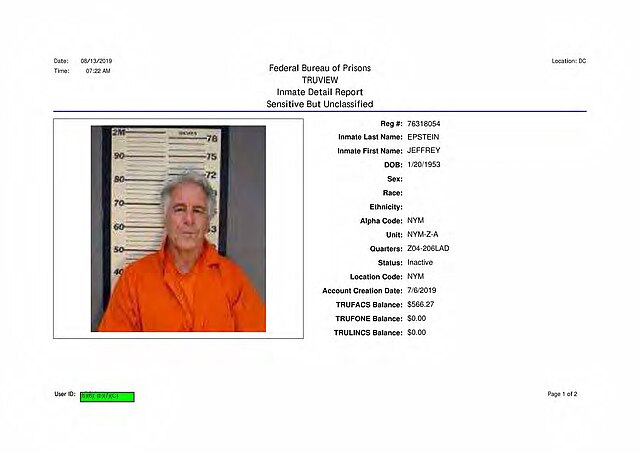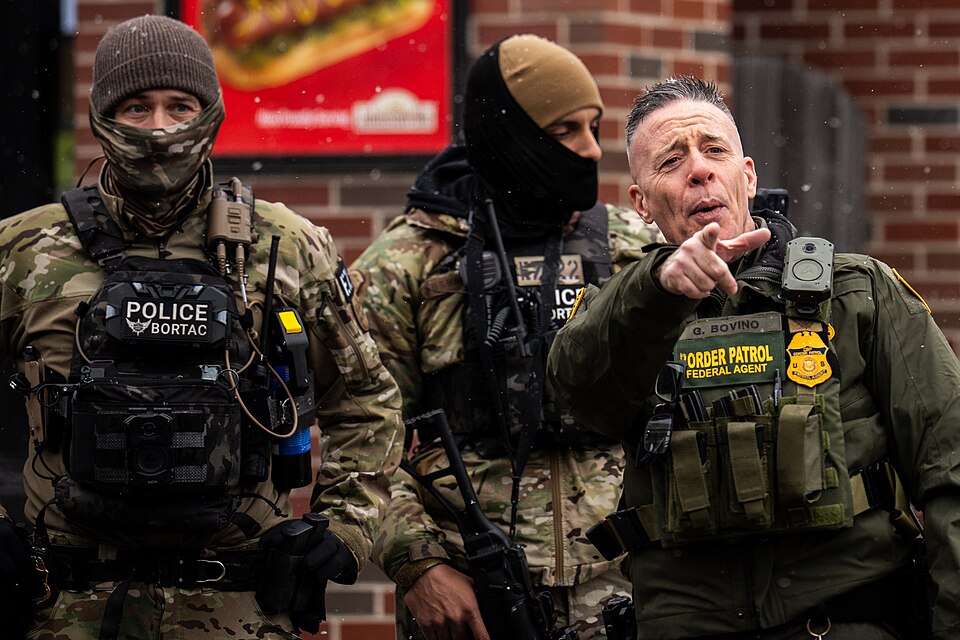The Drowned World
Welcome to the Moment of Truth: the thirst that is the drink. Are you ready to live under the sea or die trying?
Did you see any of those pictures of the Interstate 10 Ocean in Texas? Pardon me, the sea. Did you see the sea? There didn't used to be a sea there. I drove that highway all the way from Baton Rouge through Houston and Austin, back in aught 1, arrived in Los Angeles the night before 9-11, and didn't see a single fish. Not even a grouper. I saw a plane fly into a building, through a nightmarishly clear sky, the next morning on TV. But no grouper.
So now the ocean's here. I think it's here to stay. I think the whole southern USA is going back underwater, like nature intended, before the Freeze Miser locked up all the water at the poles. Days were wetter then.
We can do this, America. We can get used to anything. You'll get used to the water. It's cold when you first get in, but then you get used to it. We got used to distrusting the Spectacle, after Nixon had to resign when it came out that he'd ordered Halderman and Erlichman to hypnotize Oswald to kill JFK. We got used to having a regulatory system run by the industries they're supposed to regulate. We got used to not having enough money for food, shelter, medical care, and education. We got used to the owners of massive, mind-blowing, stratospheric wealth telling us there just wasn't enough to pay us a decent wage or support the common weal. We got used to cops gunning down black people or murdering them in jail for any reason or no reason.
We did these things, we made these changes within our very selves, because it was our patriotic duty. We may not have a communal sense of distributing resources, but we do have a collective love of our country. And I don't think learning to breathe underwater is too much for America's Jesus to ask of us. On Venus, they're so patriotic they breathe ammonia, and on Mars they breathe almost nothing at all. We're lucky to be getting oxygen. Is it really too much trouble to extract dissolved oxygen from seawater? Come on, grow some gills, binch. If a goddam fish can do it, so can you.
We've gone soft, having all this readily available oxygen floating in the air, a veritable luxury dessert cart of oxygen, wheeled right to our table. We've become like delicate woodland sprites, prancing and sparkling and tinkling about the forest floor, sipping nectar from daffodils. We've become lazy lotus-eaters,... read more
Listen live from 11AM - 12PM Central on Lumpen Radio 105.5FM Chicago / stream at www.thisishell.com / subscribe to the podcast
11:10 - Writer Natasha Lennard promises confrontation, not a platform, for White supremacy.
Natasha wrote the In These Times piece Don't Give Fascism an Inch and Not Rights but Justice: It’s Time to Make Nazis Afraid Again for The Nation.
11:50 - In a Moment of Truth, Jeff Dorchen guides us to our underwater destiny.
Does this mean Jeffy finally read Kobo Abe's Inter Ice Age 4 since I been bugging him about reading it? Oh sorry, spoilers BTW.
Listen live from 11AM - 12PM Central on Lumpen Radio 105.5FM / stream at www.thisishell.com / subscribe to the podcast
11:10 - Current Affairs editor Nathan J. Robinson examines the strategic implications of non-nonviolent protest.
Nathan wrote the articles We'll Beat the Fascists with Ideas, Not Fists for In These Times and Thinking Strategically About Free Speech and Violence for Current Affairs.
11:50 - In a Moment of Truth, Jeff Dorchen witnesses the crash that killed Princess Di - in his mind!
Jeff is capable of recalling things from his past, that's his secret to doing things like this.
On This Day in Rotten History...
In 1716 – (301 years ago) – thirty-three thousand soldiers died and untold thousands more were wounded when forces of Austria’s Habsburg monarchy met an army of the Ottoman Empire at Petrovaradin, in what is now Serbia. The Ottomans had been driving toward the heart of Europe when they ran smack into a massive encampment ordered on the banks of the Danube by the Austrian military commander, Prince Eugene of Savoy. After three days of minor skirmishes, and in just a few hours of unspeakable carnage, the Ottoman troops were outmanuevered, overwhelmed, and wiped out. Barely one-third of them managed to escape with their lives after their leader, the Grand Vizier Damat Ali, was captured and killed. His tomb is in Belgrade.
In 1858 – (159 years ago) – having already failed in several attempts, oceangoing engineers from the United States and Great Britain finally completed laying the first-ever telegraph cable across the Atlantic Ocean. The 2,500-mile-long cable was made of five copper wires wrapped in a casing of gutta-percha, tar, and hemp. It lay on an undersea plateau two miles under the waves, and connected a station in Newfoundland with another one in Ireland. After a few days of testing, Britain’s Queen Victoria sent the ceremonial first message to US President James Buchanan. The technology was so crude that her ninety-eight-word message took sixteen hours to send. Within days the transmission quality grew even worse, and engineers argued about how to fix it. The English chief electrician, Wildman Whitehouse, finally chose to pump an extra charge of two thousand volts into the cable to get it working. But instead of fixing the problem, the shock burned the cable out, rendering the hugely expensive project worthless after only three weeks in service. Whitehouse’s reputation was ruined, though he would spend the rest of his life defending his decision. Many people suspected that the whole cable project had been a big hoax, and six years would pass before it was attempted again.
In 1962 – (55 years ago) — near the town of Howick in South Africa, police arrested Nelson Mandela, leader of an armed wing of the banned African National Congress that had been classified as a terrorist organization by South Africa’s white minority government. Mandela was arrested along with a group of associates who were charged with... read more







